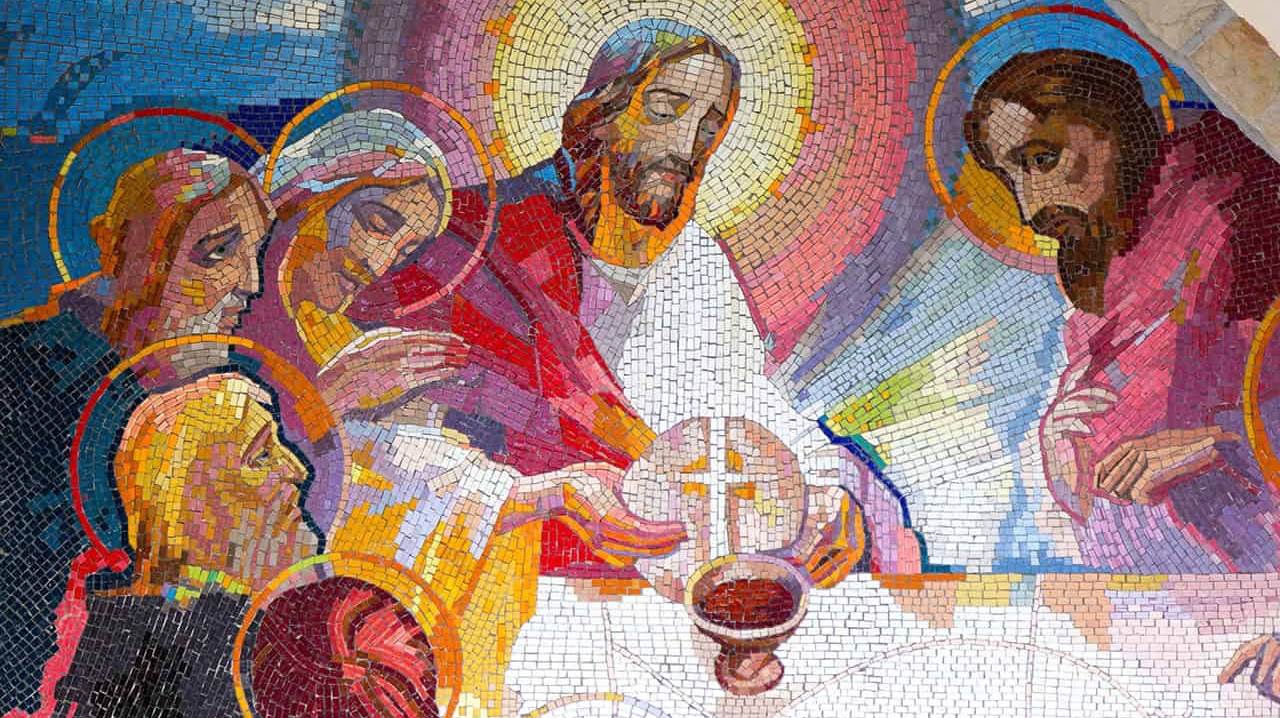
In today’s world, identification codes and passwords and secret numbers often have an important role. Many of us can remember our experiences when we were young: children like to have clubhouses and fortresses, and to allow entry only to those who know the password—and in particular, boys will use this method to keep out girls. In our adult world, there are many examples of such restricted knowledge. If we use an automatic teller-machine in doing our banking, we may have to punch in our personal identification number. If we work with a computer, we may have to type in the proper password—otherwise we’ll be denied access to the information we seek. There are automotive anti-theft devices to prevent a car from starting unless the correct number is entered. I had one of those once, but I had to have it disconnected because it caused my battery to go dead—in effect, my theft guard was itself stealing energy from my car. Entry codes have other uses. Some friends and I once stayed at a hotel in the French city of Caen. Instead of giving us an outside key in case we returned after the lobby was locked for the night, the concierge showed us an electronic lock that would open the door for us if we entered the correct number: 7346. My friends were worried about forgetting the number, but I said it would be easy to remember: 73 is the total number of books in the Bible, and 46 is the number of books in the Old Testament.
There are many examples of people needing the correct code or password or special type of knowledge. This is true not only for life in general, but especially in a spiritual sense. It’s part of our human nature to seek happiness, but many people fail because they use the wrong “passwords”: money, drugs, sex, ambition, power, strange religious cults, and so on. There is only one password or entry code to everlasting happiness and salvation: Jesus Christ.
God’s plan of salvation cannot be understood in mere human terms; we can share in it only if we try to see it from God’s point of view. King David, though well-intentioned, had a limited, earthly perspective; he wanted to build a beautiful temple for God. The Lord, however, had a far greater type of house in mind: not a building, but a royal dynasty, from which would come the Savior, whose reign would last forever. This was an amazing promise on God’s part, and it was natural to assume He meant it only for the Jews, His Chosen People. However, as St. Paul explains, God’s ways are not limited by mere human expectations; He desired to offer the key to salvation to all people, Jews and Gentiles alike. The theme of trusting in God, even when His ways are beyond our comprehension, is shown in a very beautiful manner in the Gospel. Mary was frightened and confused by the angel Gabriel’s message—but as soon as he mentioned God’s will, she immediately expressed her cooperation and trust. Mary knew that happiness is to be found by relating to God on His terms, not our own.
During the Great Depression, when hunger and poverty were widespread throughout our country, many hoboes passed through a town in Texas, and it seemed quite a few of them stopped at one house in particular, asking for a meal—and no one was ever turned away. The family wondered why their house was singled out, and one of the hoboes finally told them. The street curb in front of their house was marked in a secret code known only to hoboes; it meant that the people in that house would always feed down-on-their-luck strangers. When one of the sons asked his mother if he should erase the mark, she thought a moment, and said, “No, leave it there” (Link, Illustrated Sunday Homilies, Year B, Series II, p. 10). That’s the sort of code we will want on our souls when we appear before the judgment seat of God: compassion for others.
Life in general, and the upcoming season of Christmas in particular, makes sense only if we try to understand and experience them from God’s point of view. Unfortunately, as all of us know, many people never make this effort. It’s quite possible to go through this entire yearly celebration without ever once understanding or responding to its true meaning—and that’s a great waste. Consider these questions: What difference will this Christmas make in your life? What will be left after all the Christmas presents are unwrapped and put away and forgotten, when the Christmas trees are taken down and the ornaments stored away, the Christmas cards thrown out in the trash, the cookies and fruitcakes all eaten, and the nativity sets packed away for another year? What remains after all that—what was the purpose, and what were the results? I’d like to suggest a very simple answer and a very attainable goal: this Christmas should help you come closer to God. As a result of Christmas 20–, you should become a better person.
Take this opportunity to remind yourself how much God loves you and cares for you; if He’d send His Son to earth for your salvation, He’ll certainly help you with your everyday worries and problems. Take the opportunity to remind your family how much you love them and appreciate them. It’s easy to take them for granted; Christmas is a good time to remember what they mean to you. Make use of any opportunities to help someone in need; being good to others is a wonderful way of responding to God’s blessings to us. If you’ve been promising yourself to spend a little bit more time praying or reading the Bible, keep that promise; it will be one of the best gifts you ever give yourself. And above all, never forget the true meaning of Christmas and the true meaning of life: salvation comes through Jesus Christ. By trying to do all these things, you’ll become a better person and become more capable of receiving God’s gifts. Many other people are running around, trying all sorts of things to fill their emptiness and to find some glimmer of happiness, desperately searching for the correct entry code or password. We know the secret—and by our example we must share it with others. Both during the Christmas season and throughout the rest of the year, Jesus must be the “code word” we program into our lives—anything less just won’t be enough.




























